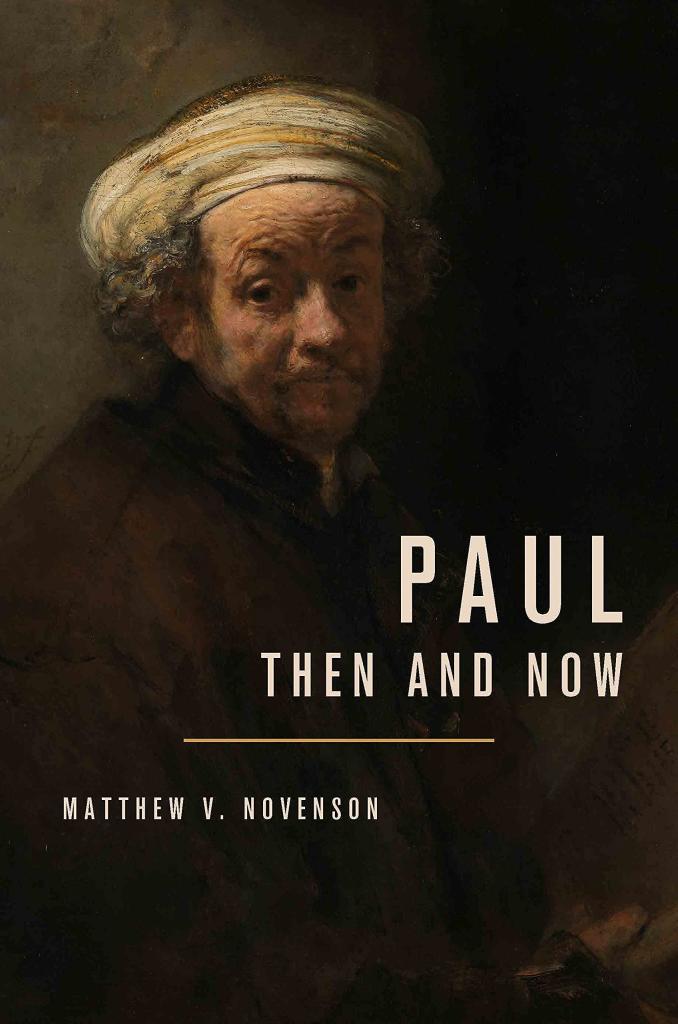Q. But this is not the only way Paul is radical. He thinks the new covenant is the fulfillment of the Abrahamic covenant not the continuation of the Mosaic covenant. This seems quite clear from Gal. 4. The Mosaic covenant is pro tempore— it served as a child-minder Paul says until the Messiah came. We can debate what Paul means by ‘Judaism’ in Galatians but the least likely answer is that it doesn’t have something to do with Jewish religion. We must take seriously that when Paul says he can become the Jew to the Jew (and that is a very weird thing for a Jew to say, especially one who has real pride in his Jewish past, but calls it rubbish compared to what he has in Christ) he means he does not feel required to follow Jewish praxis—including food laws, sabbath observance etc. It can be a blessed option at times, especially when he wants to win some of his fellow Jews over to following Christ, but he does not see it as an obligation any more. And why? Because he doesn’t think the Mosaic covenant is the covenant in play for him any more. Christ was indeed the fulfillment, completion, end of the Mosaic covenant as a means of righteousness or right standing with God since the death and resurrection of Jesus. But let’s be clear— in Paul’s mind this is not supersessionism, it is completionism in his mind, not least since God has not abandoned his first chosen people. This vision however looks very little like what the followers of Christ became in the second and later centuries— an almost exclusively Gentile religion which became increasingly and horribly not merely anti-Judaism but in fact anti-Semitic. As much as I love reading much of John Chrysostom, and as much as he loved Paul, he was in no ways like Paul in his anti-Semitic remarks of various sorts. But this was all too typical of various of the church fathers, and it only got worse in Europe in the Middle Ages and later. How would you react to all this?
A. To begin at the end: You’re quite right that Chrysostom, like many gentile Christians down the centuries, is supersessionist in a way Paul was not and could never have been. If “supersessionism” means rejection-and-replacement theology (John Gager’s helpful term for a great deal of Christian discourse about Jews and Judaism), then Paul is certainly not supersessionist. I don’t know about your term “completionism” here; I suspect it might sound to many readers like just supersessionism by another name. And that is a real problem with Paul: if he does think (as you and I agree he does) in terms of an eschatological turning with the coming of Christ, then that is… kind of like what people sometimes mean by “supersessionism,” namely: the supersession of one state of affairs by another. Paul’s “new covenant” is certainly a great deal more than the Mosaic status quo ante. It is not supersessionism in the later, pernicious gentile Christian sense, but it is eschatology, and eschatology cannot help but cause offense. Which leads us to your final question…












